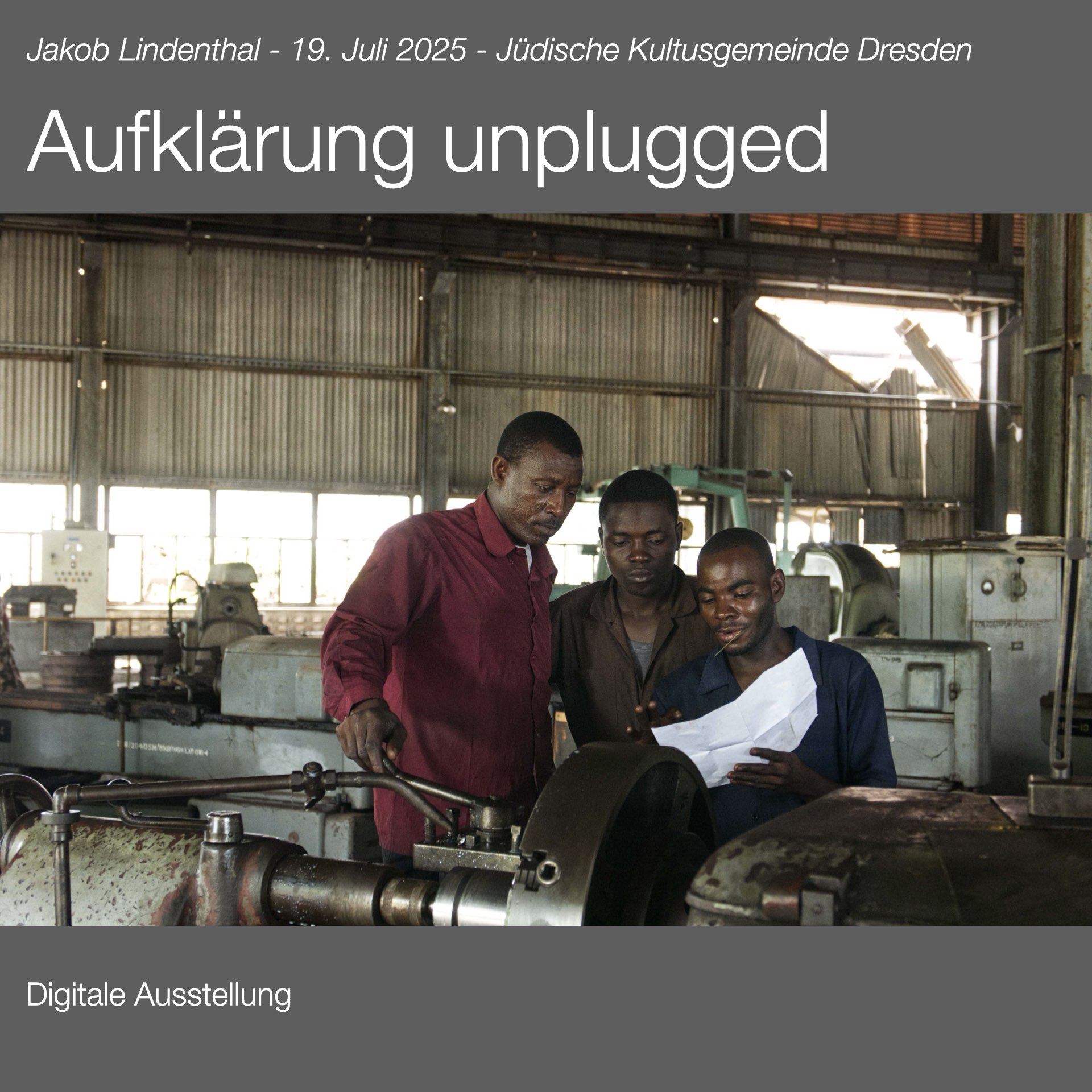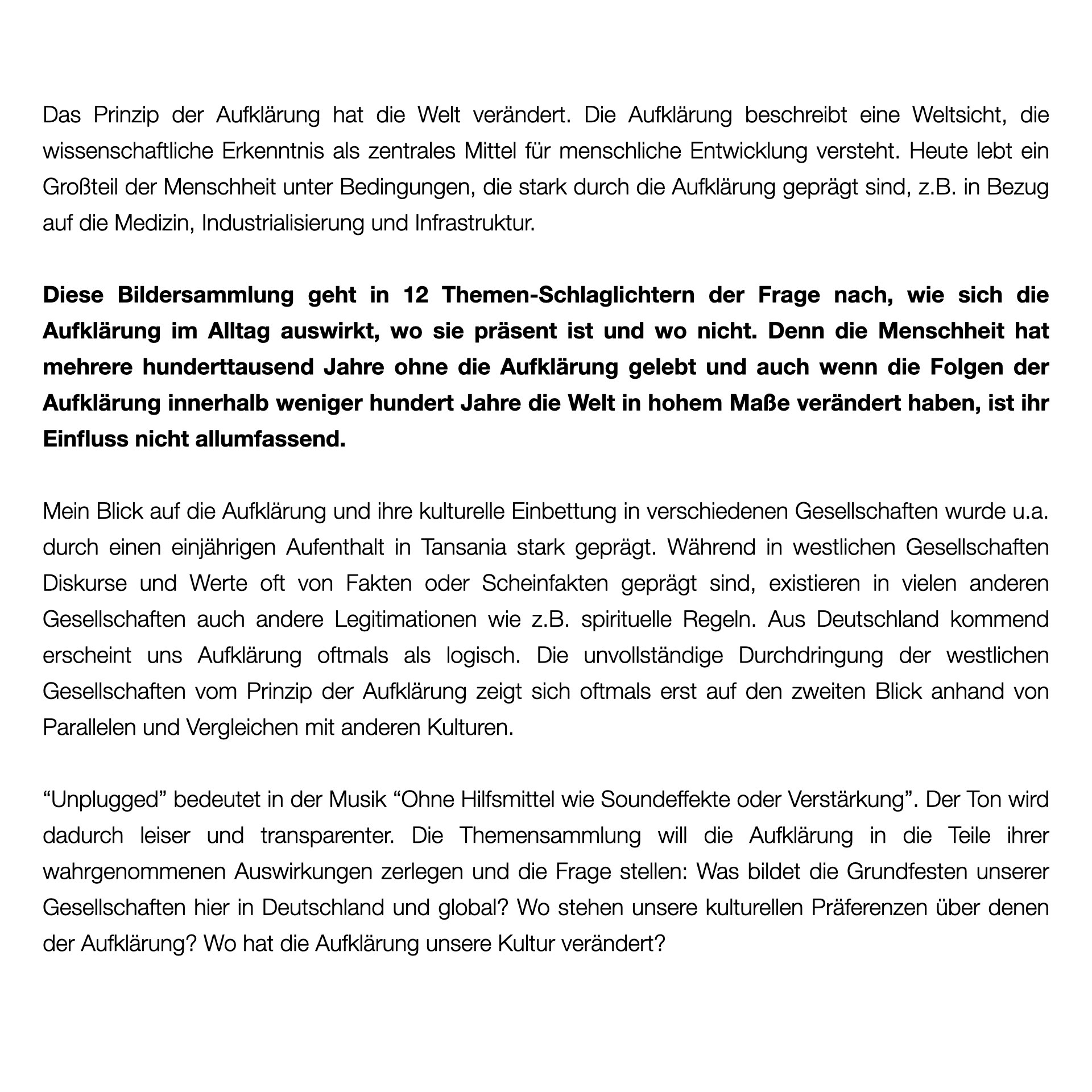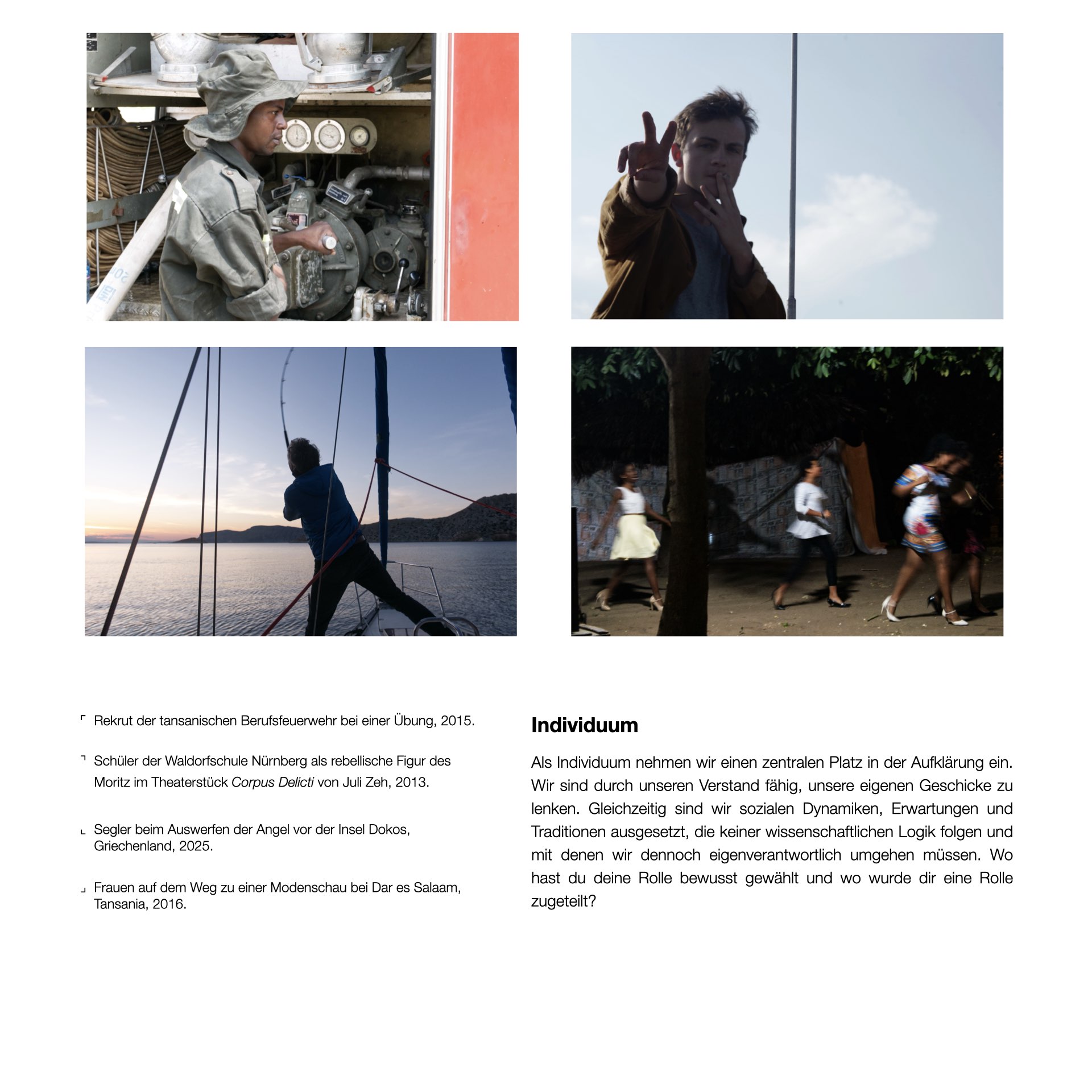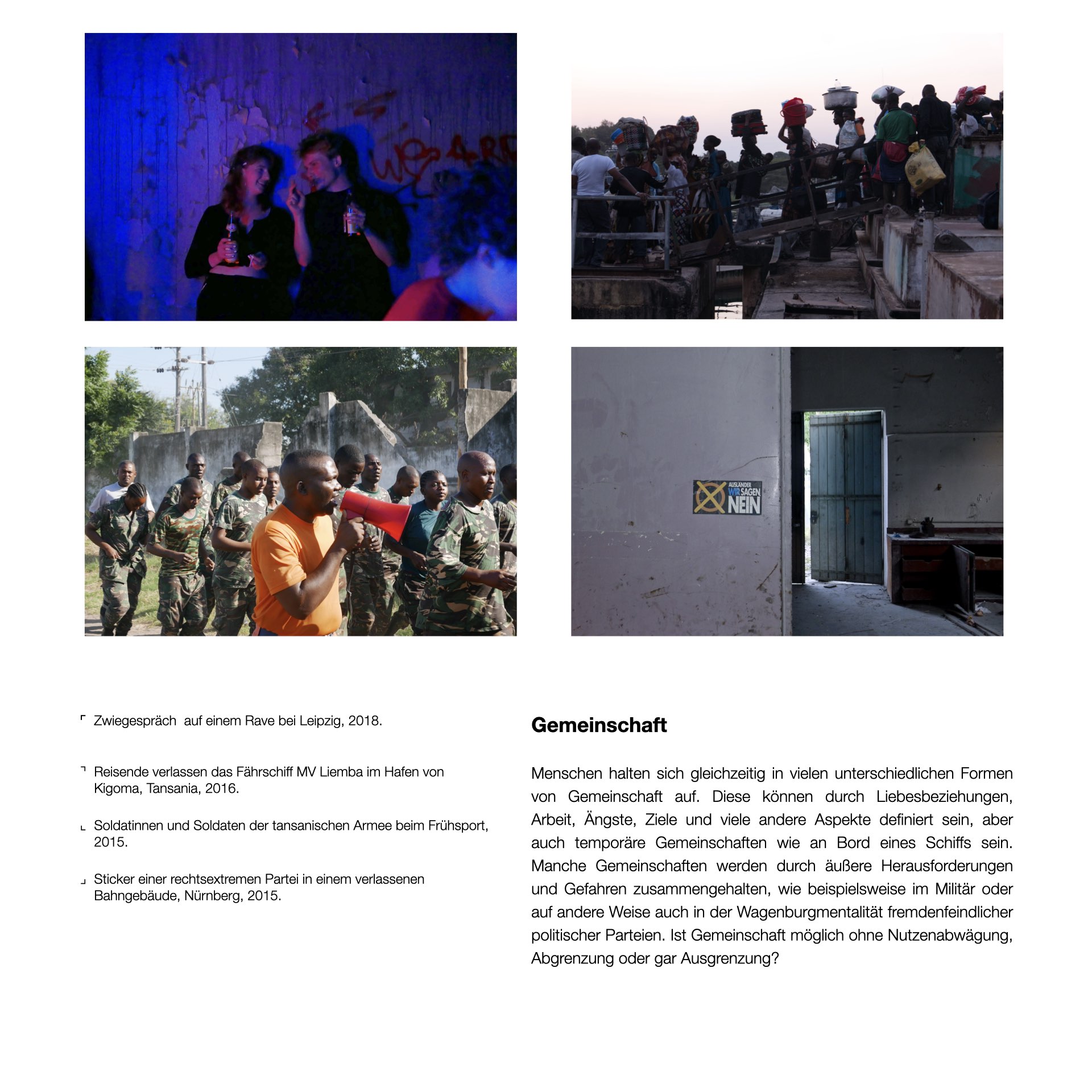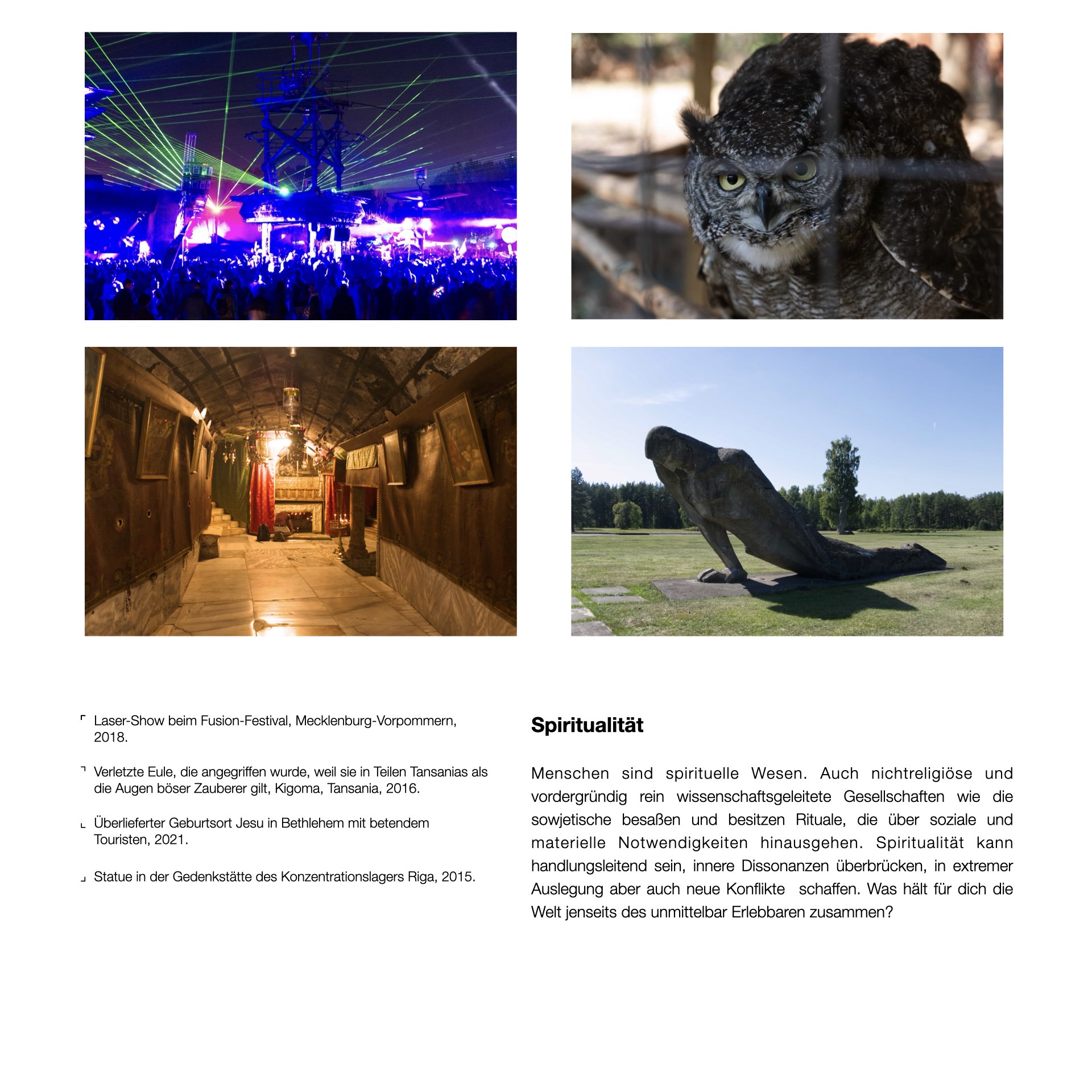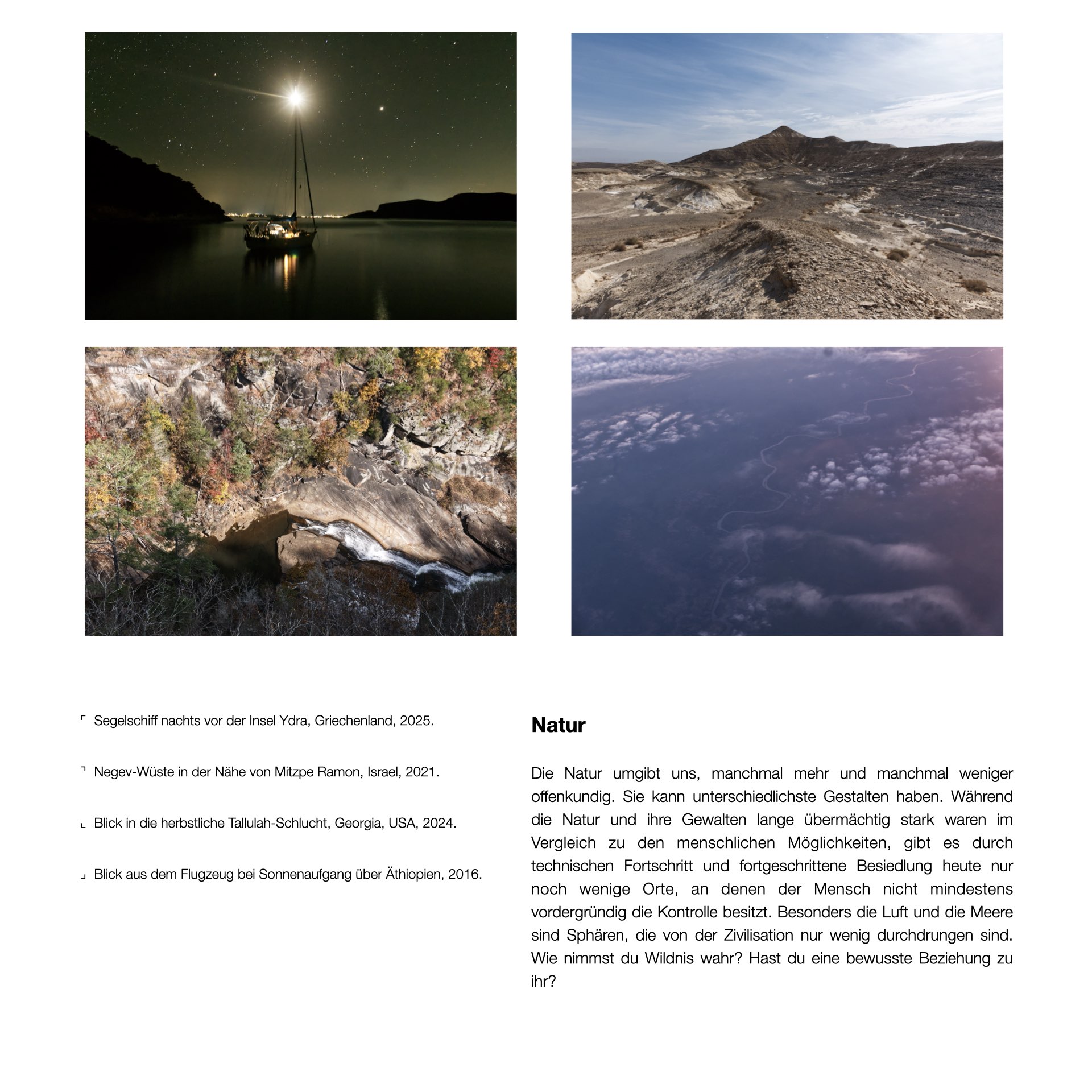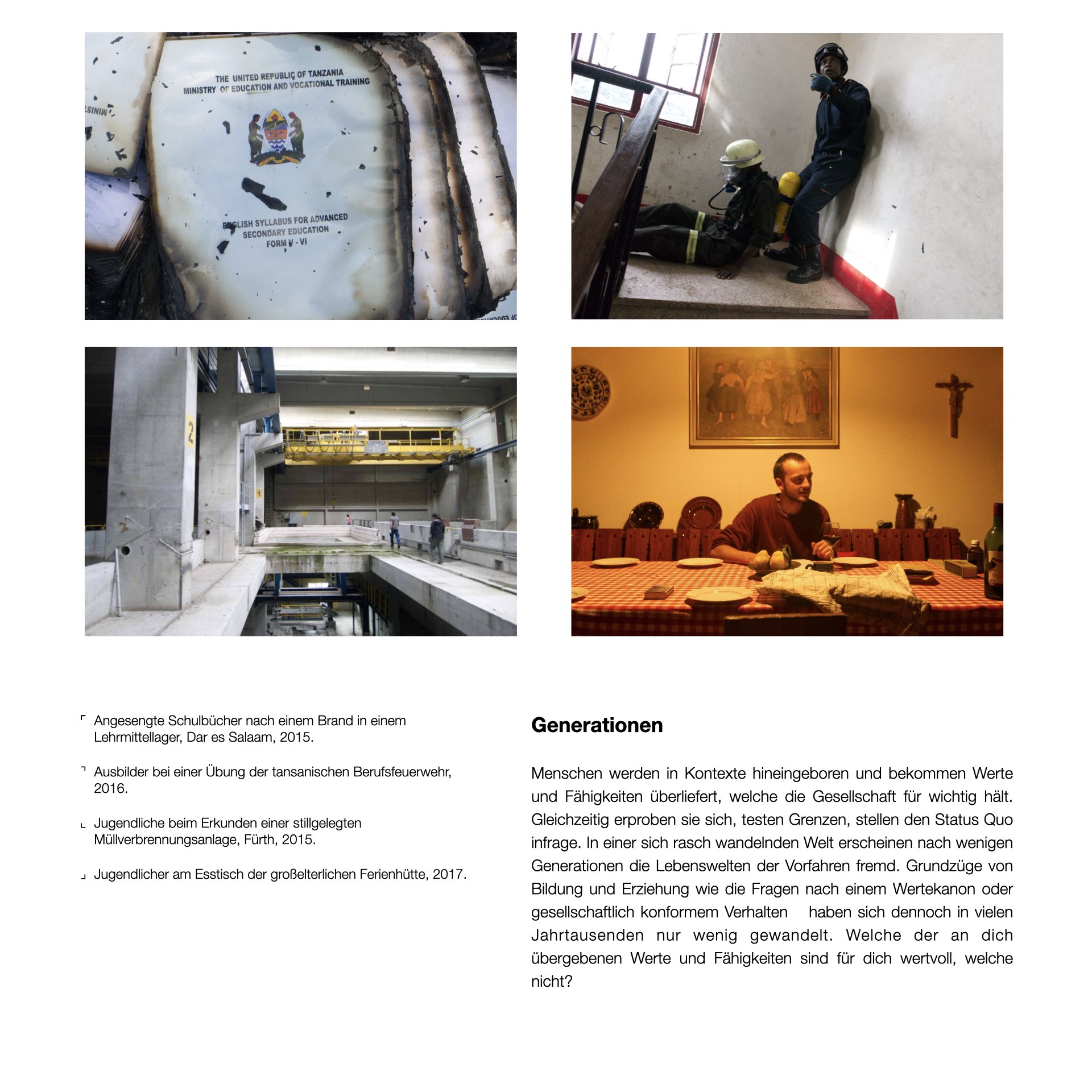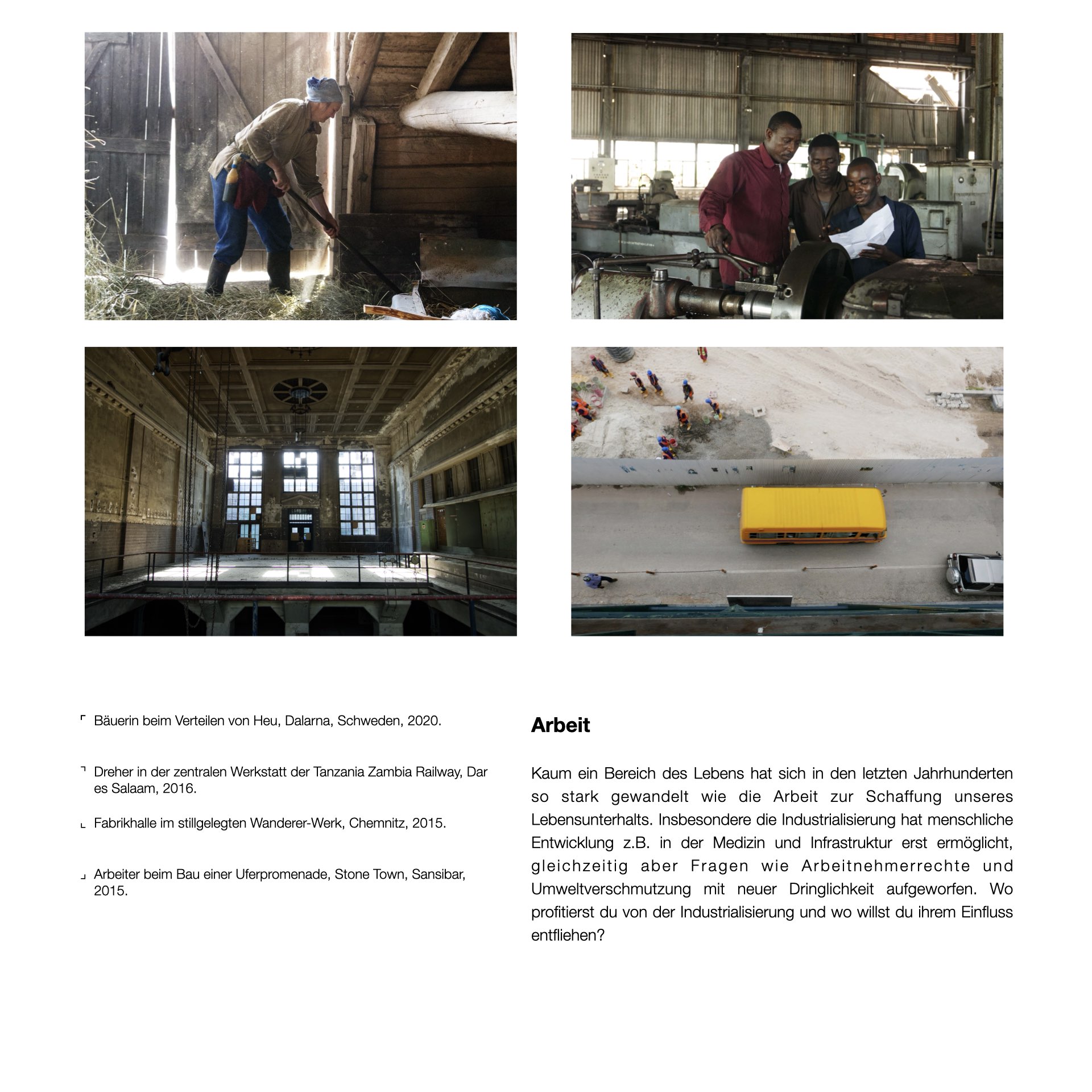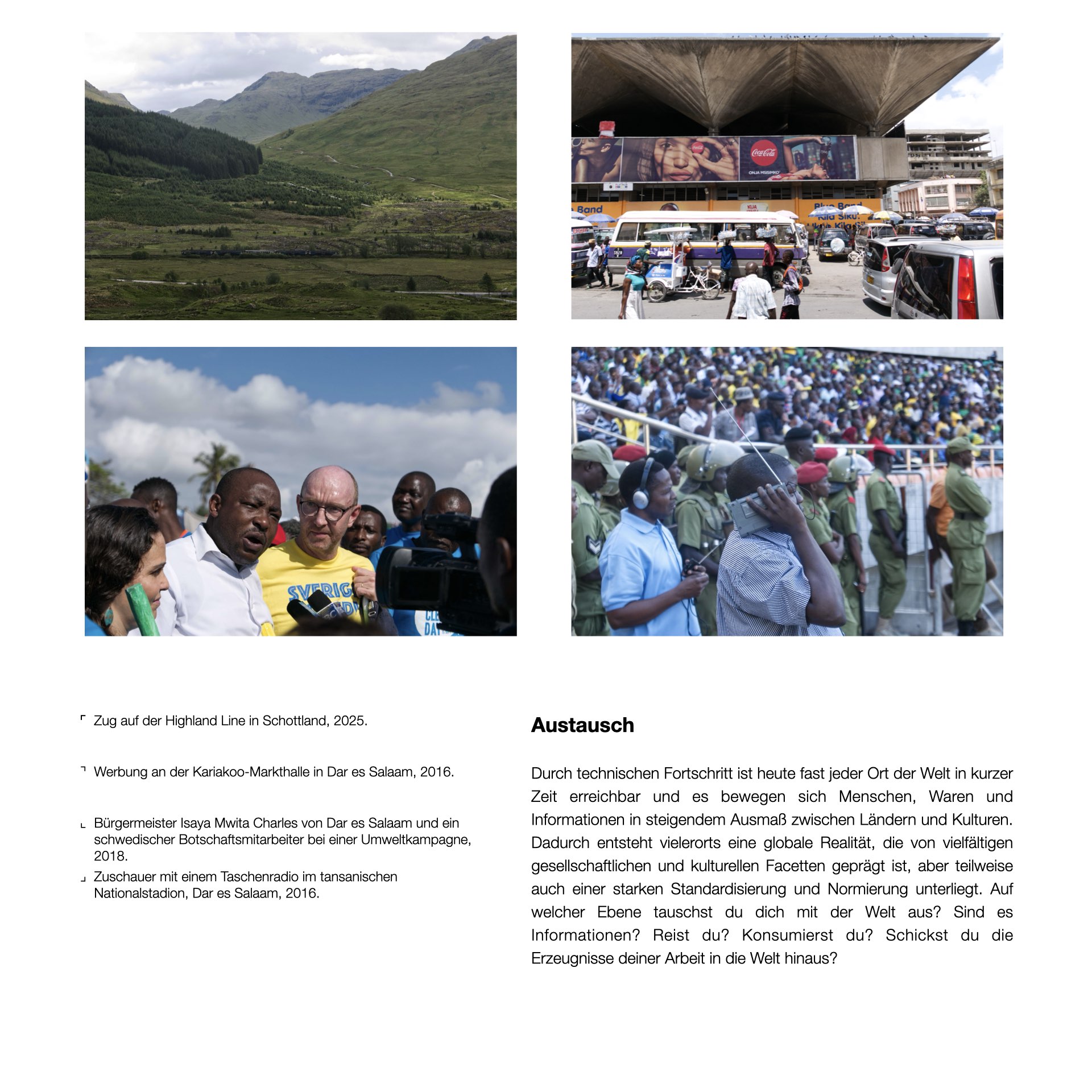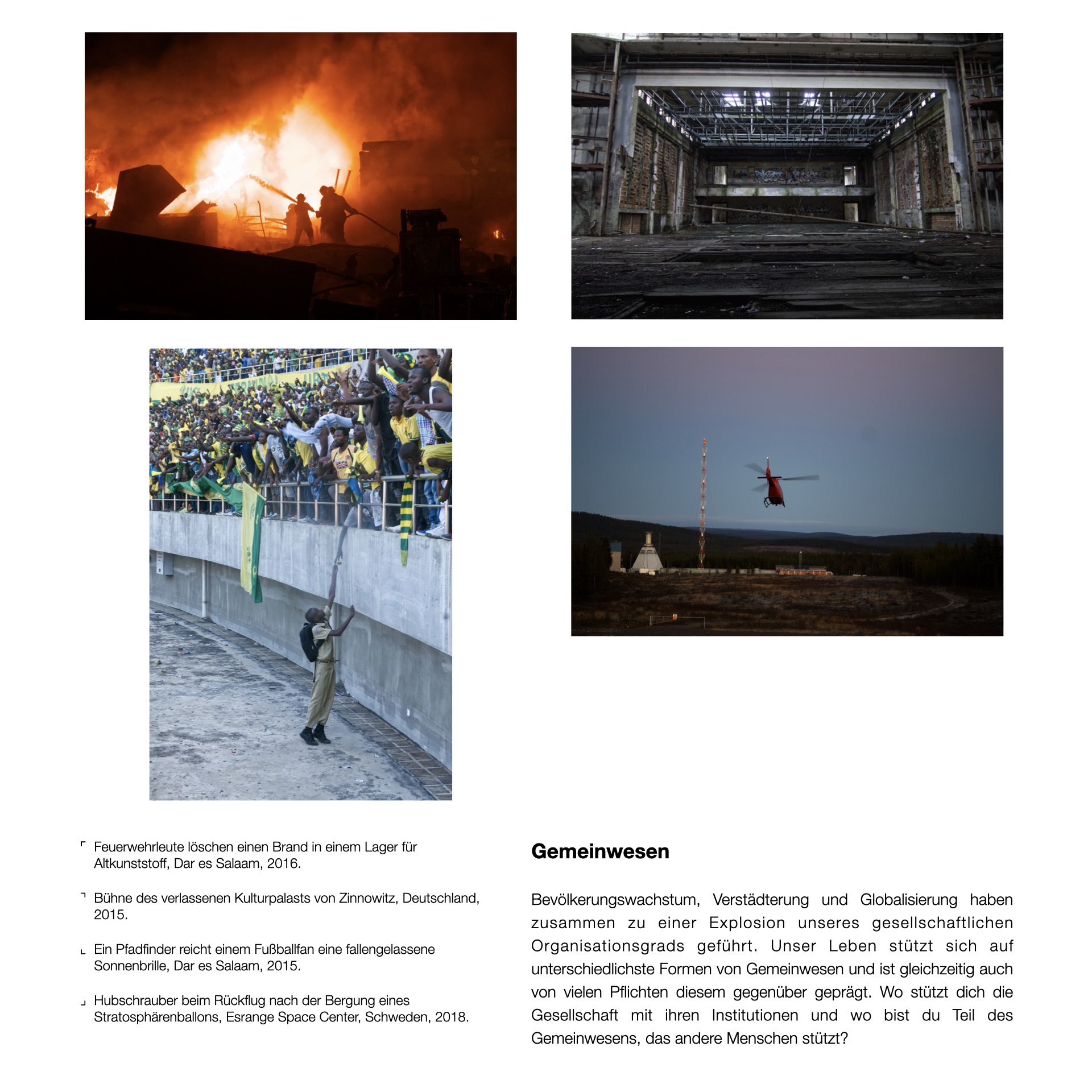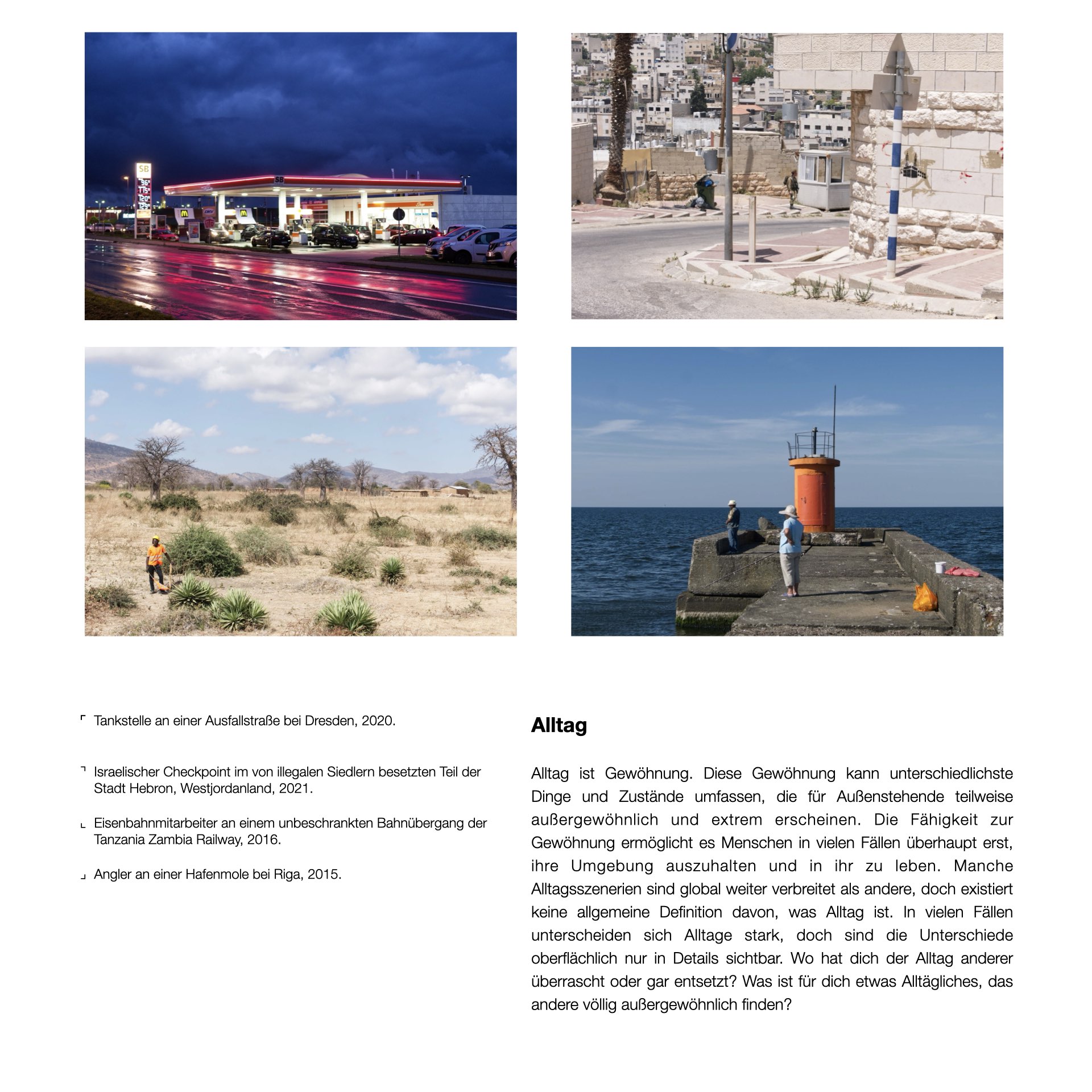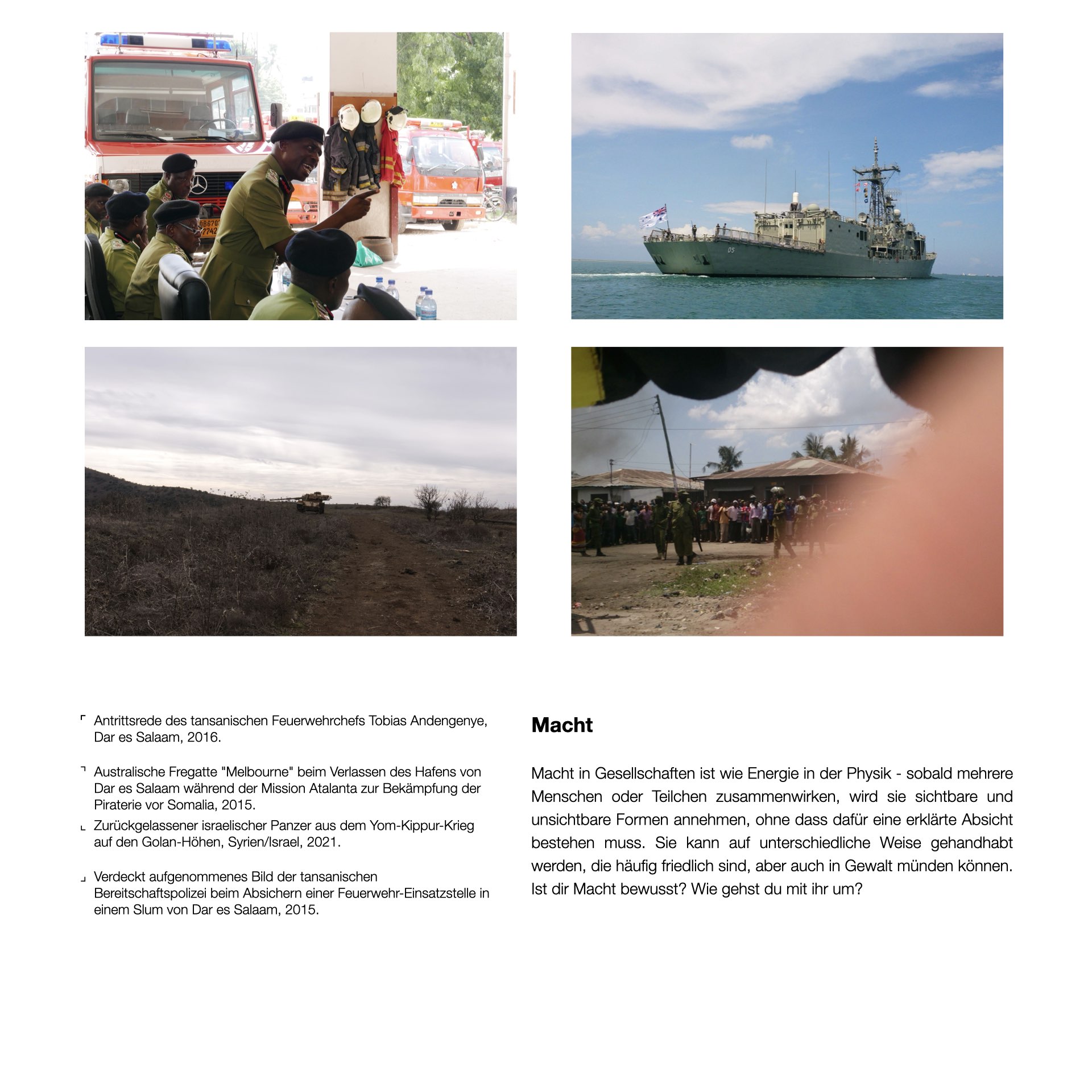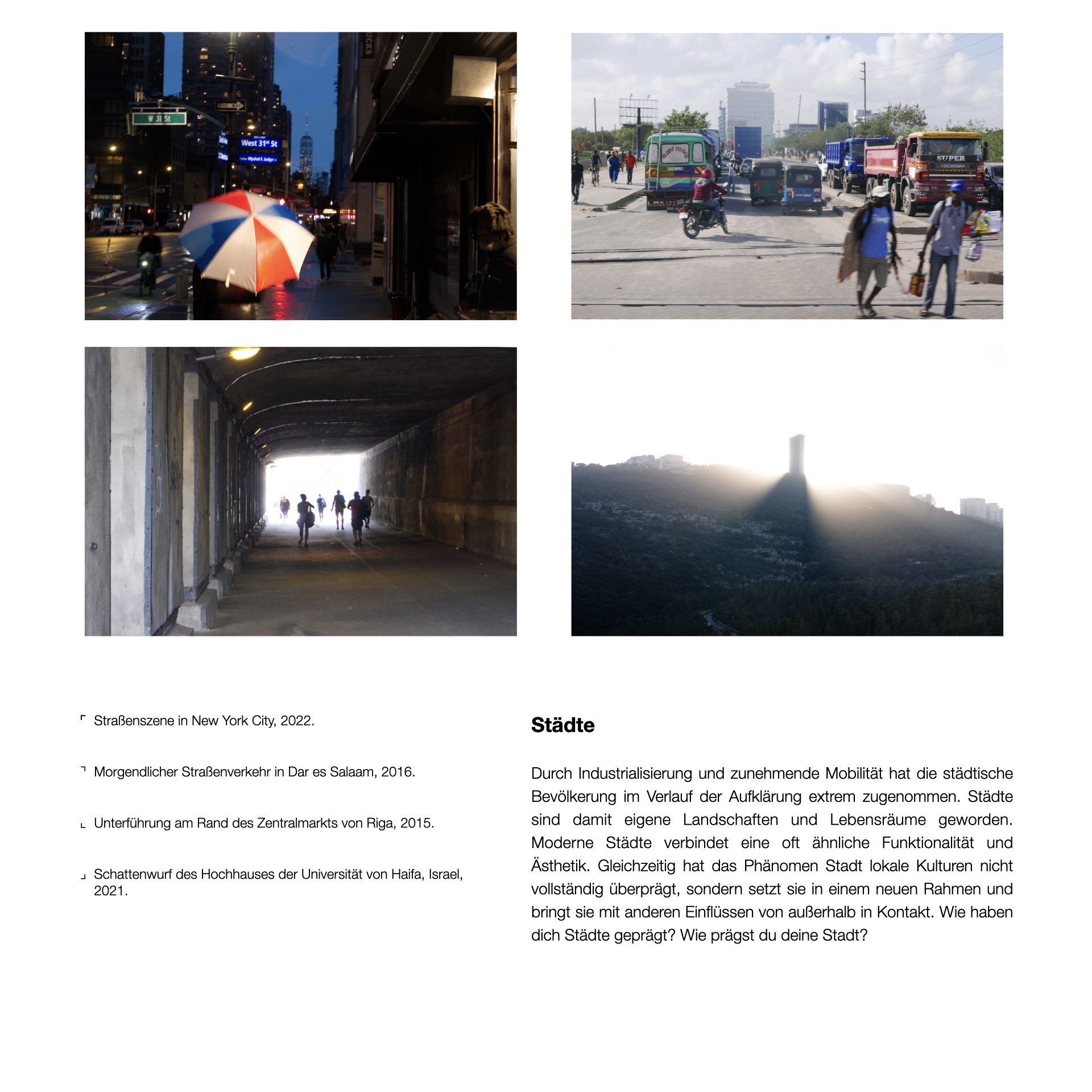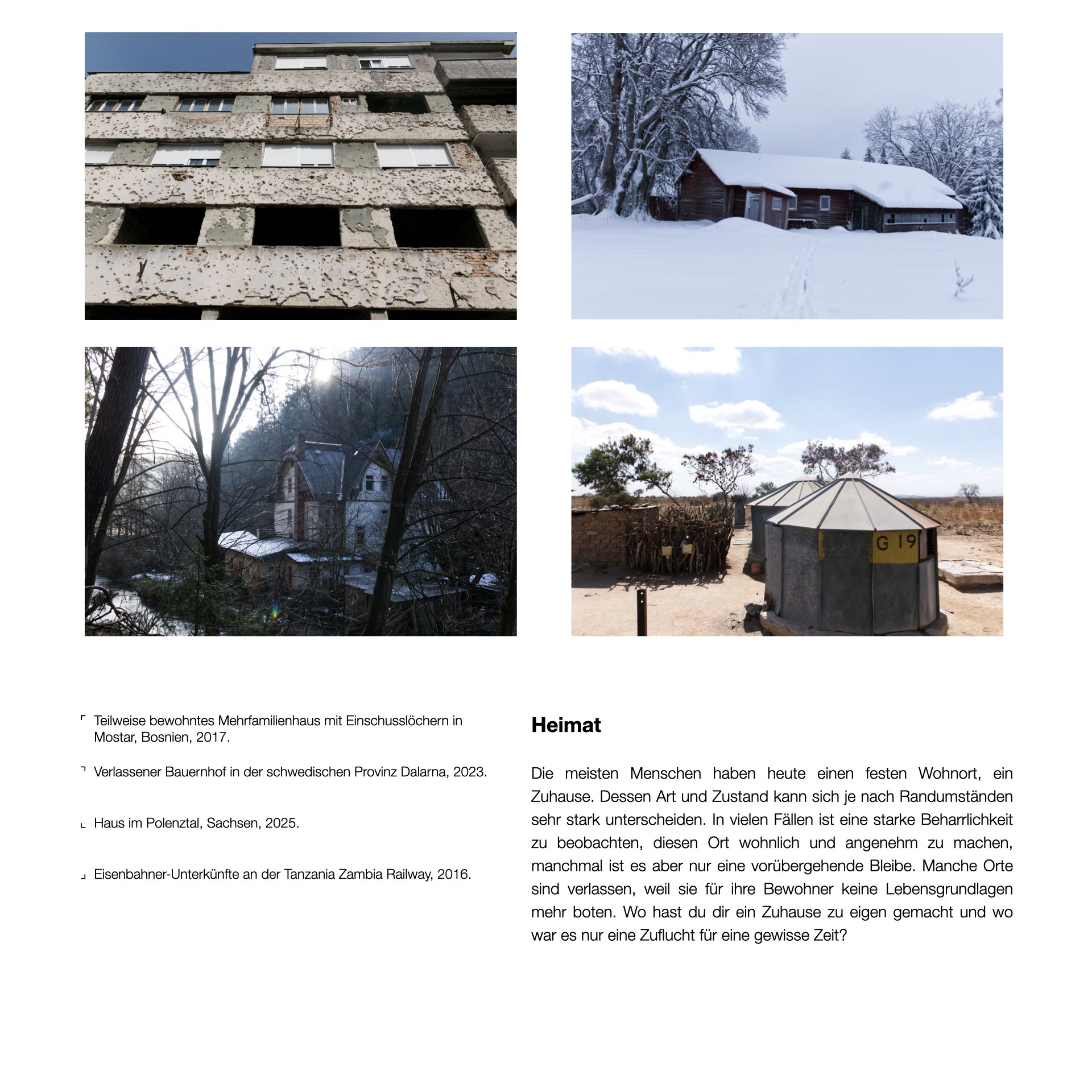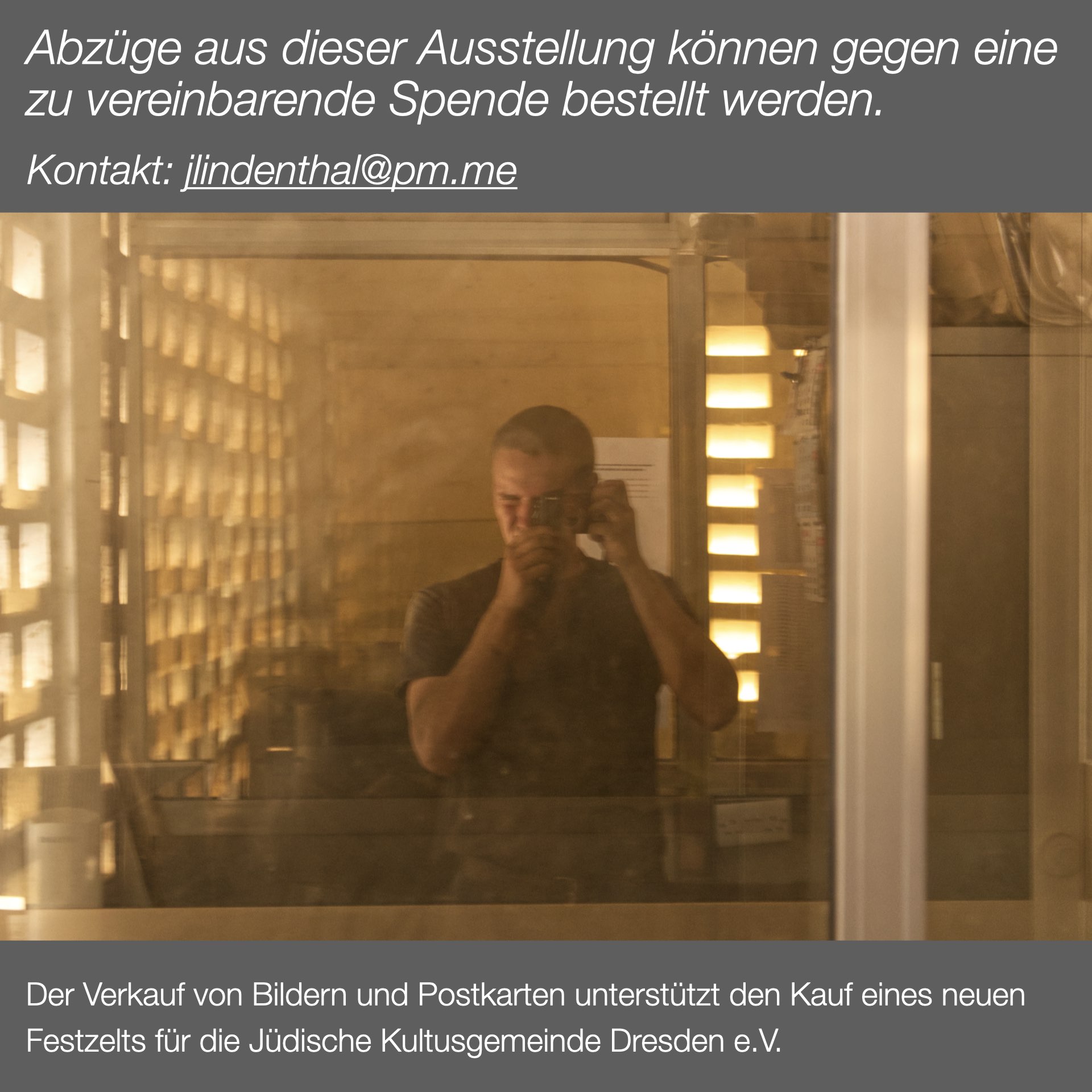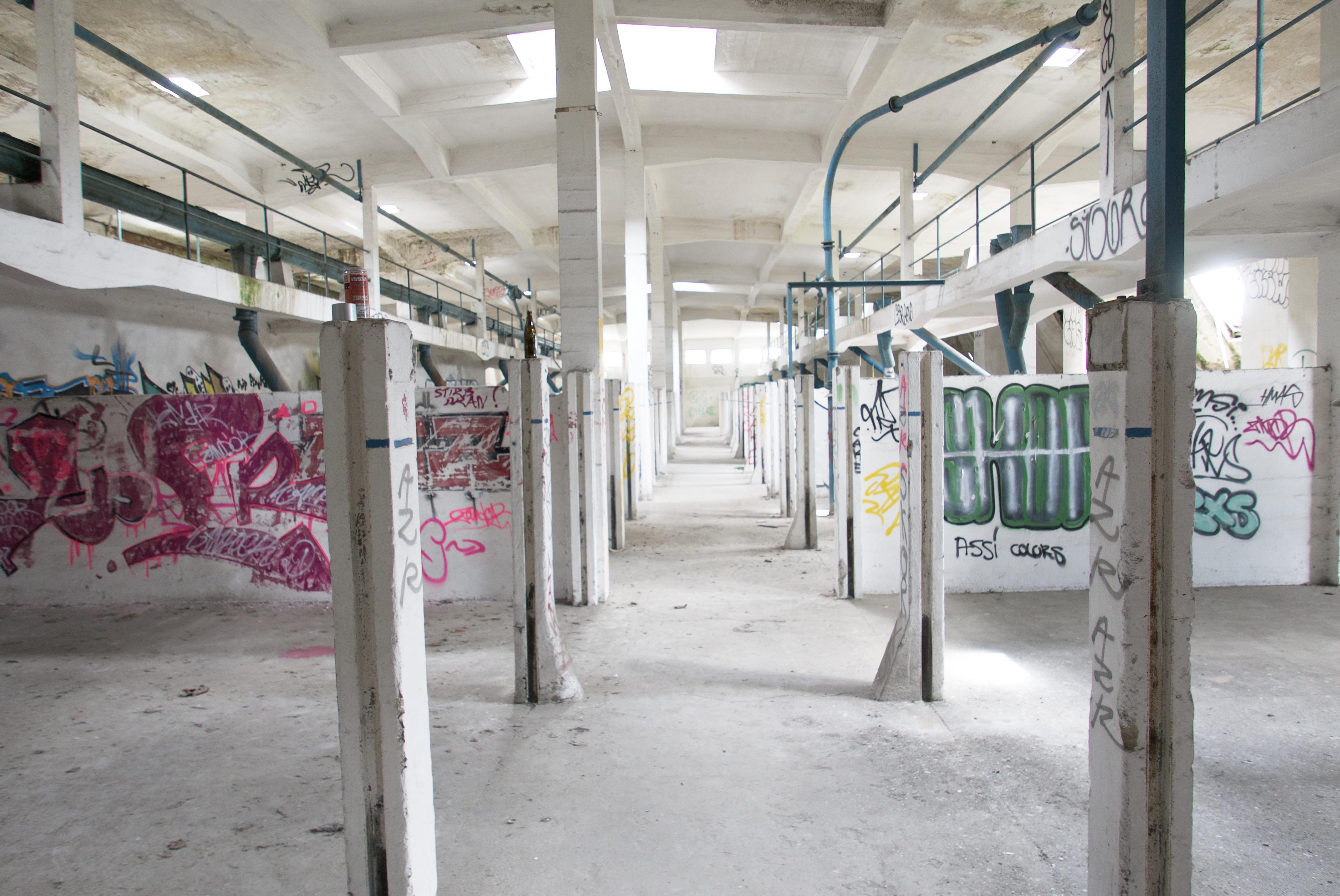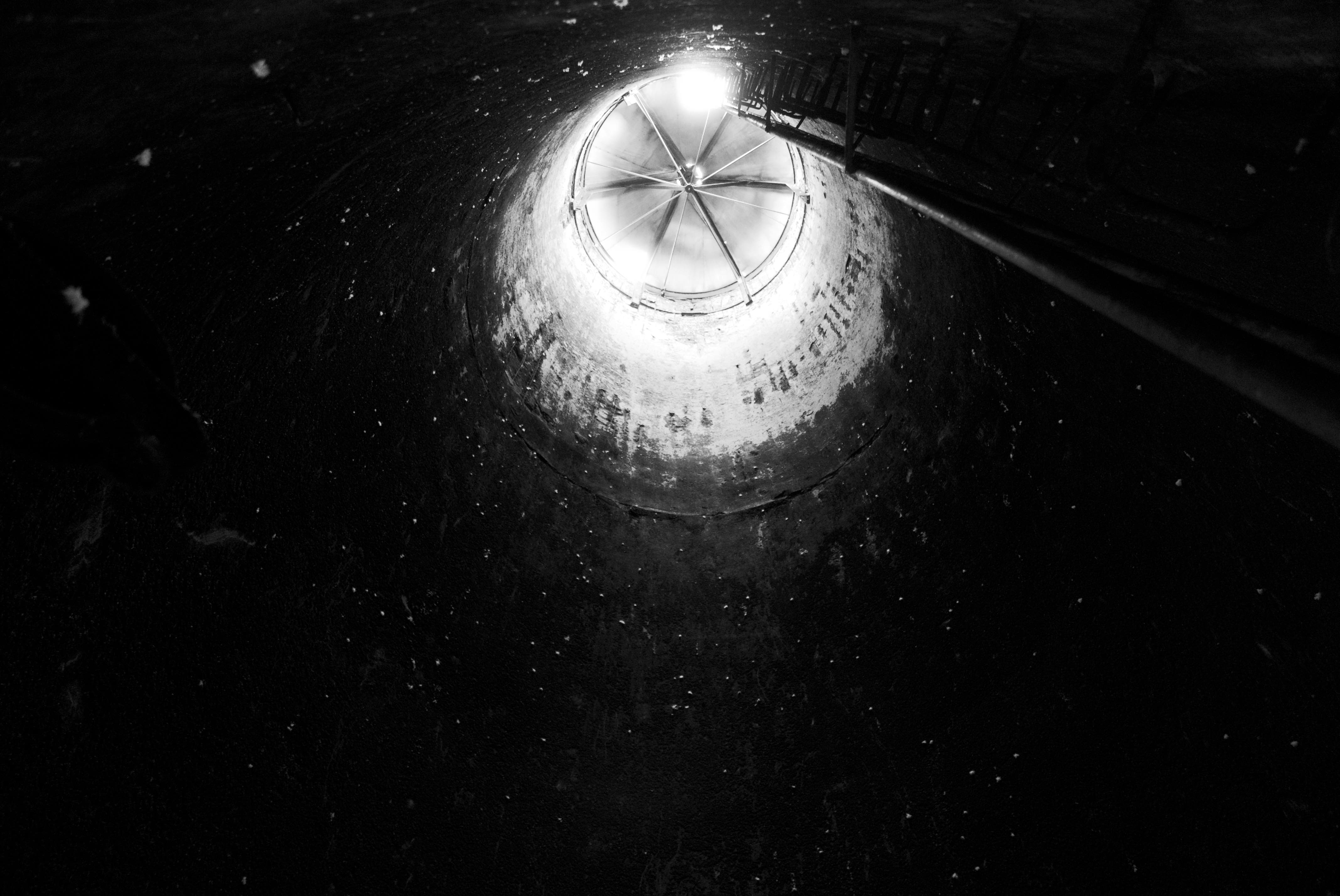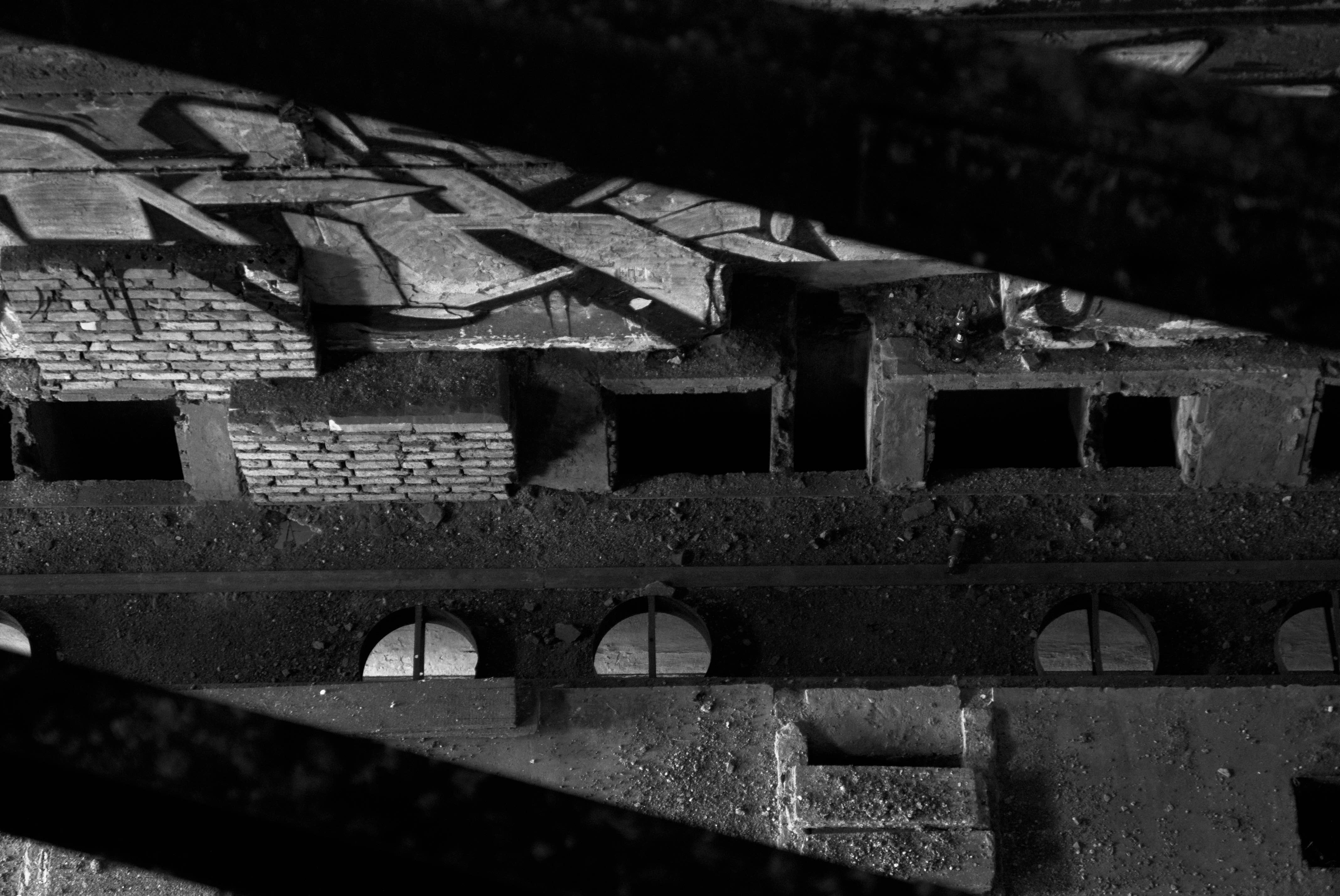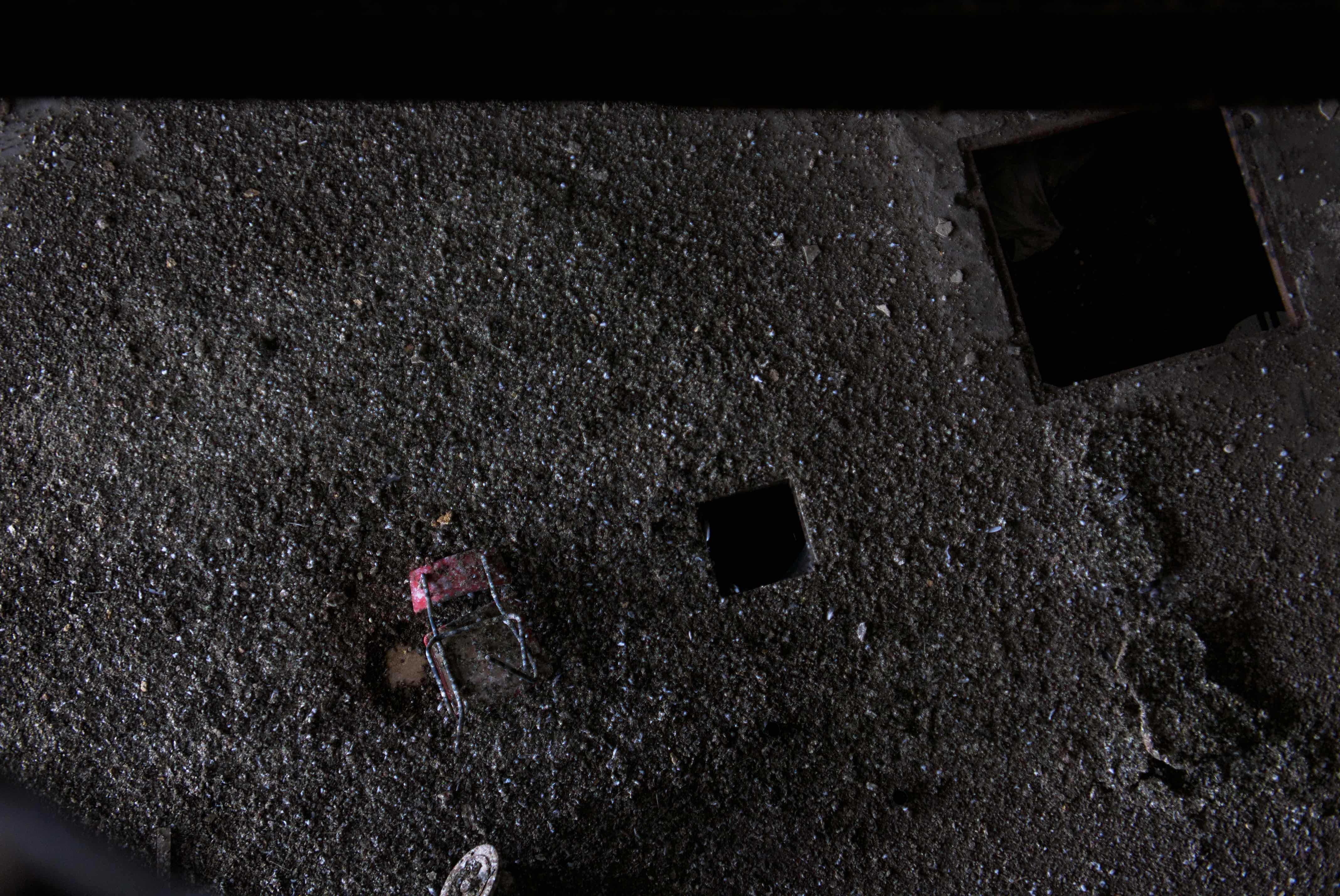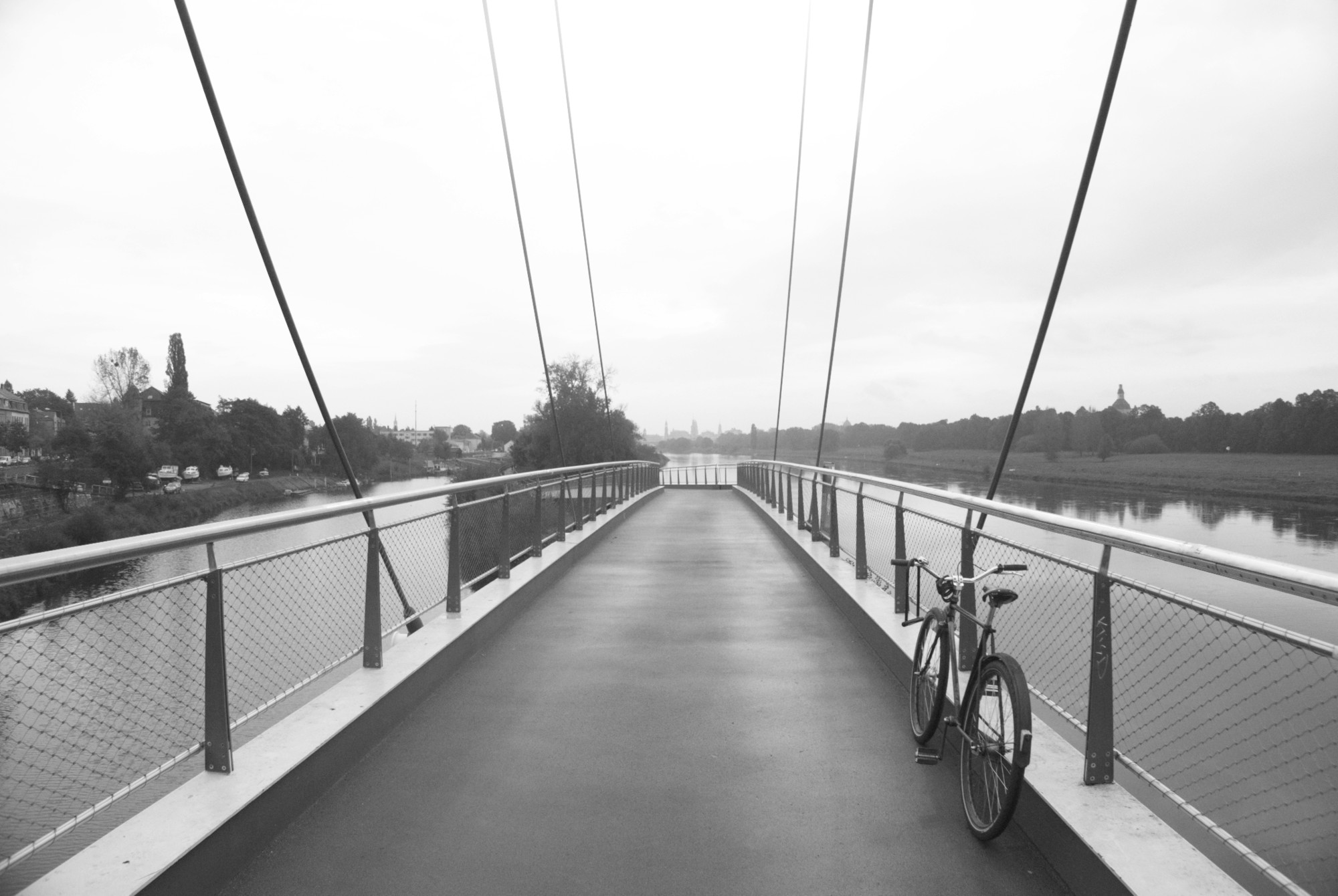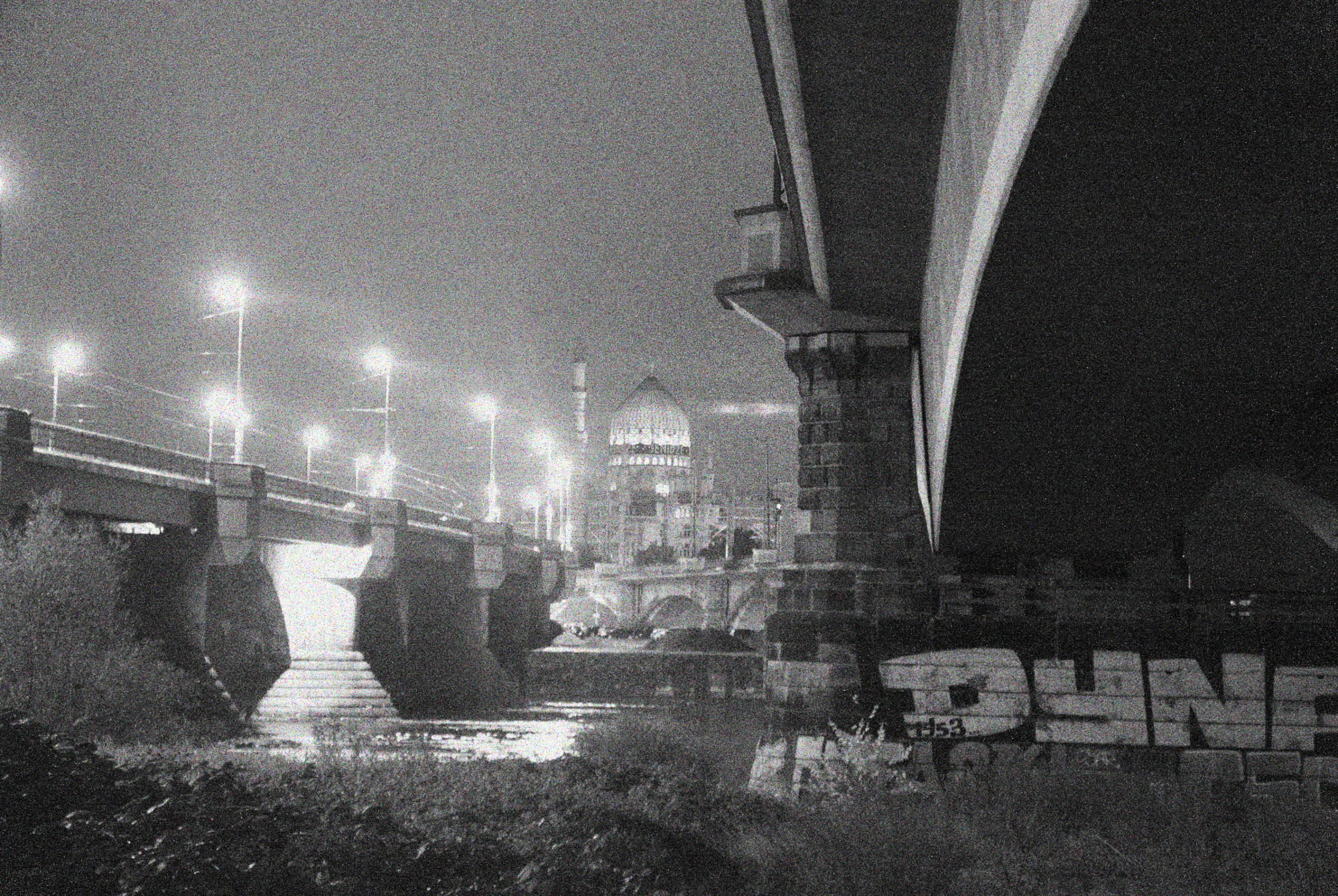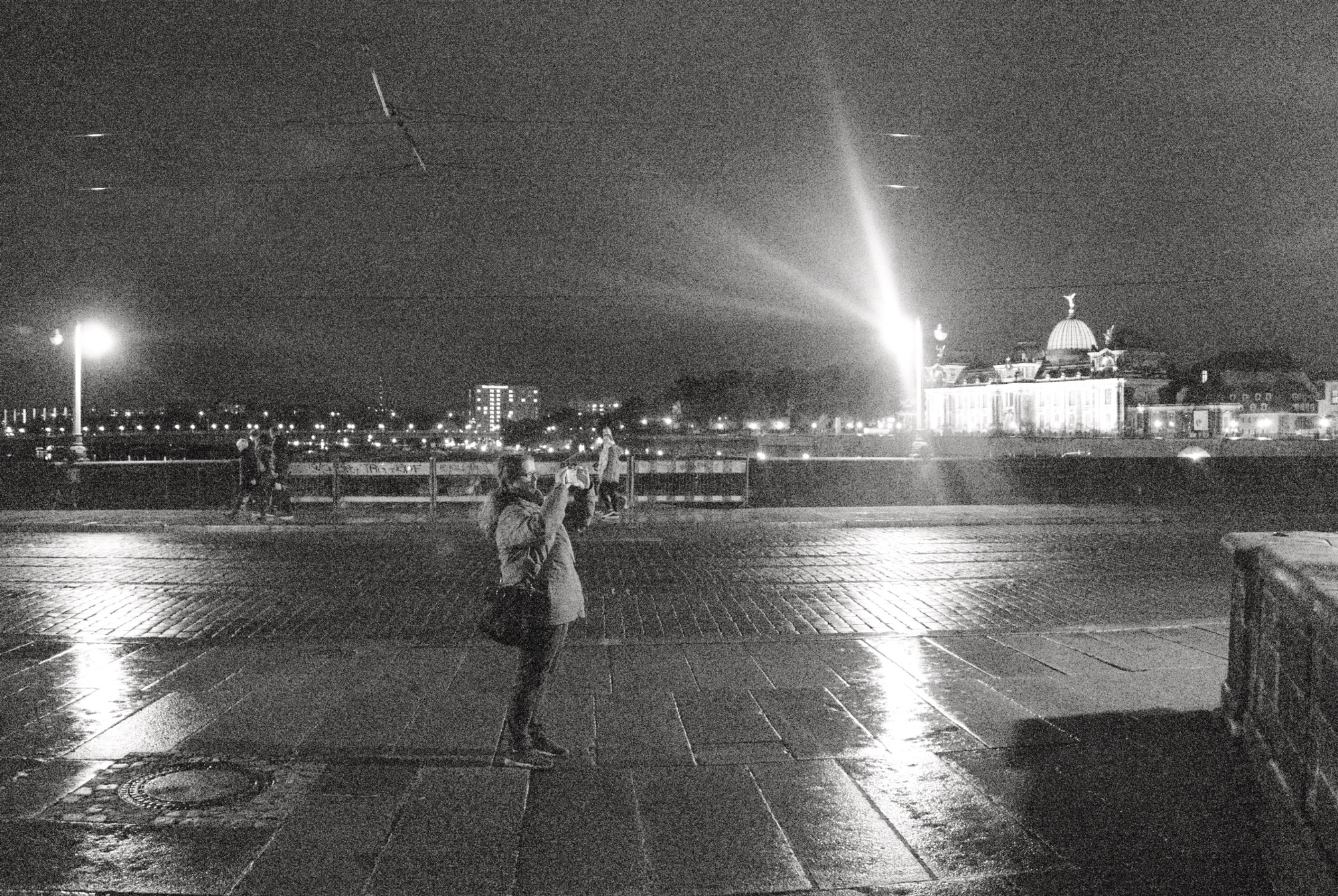Alle Beiträge von Jakob Lindenthal
Wettbewerbsbeitrag für die SLPB – „Mut machen“
2023 hat die Sächsische Landeszentrale für Politische Bildung (SLPB – evtl. von den Wahlforen bekannt) einen Schreibwettbewerb ausgerufen, bei dem unter dem Motto „Mut machen“ Ehrenamtliche von ihrer Tätigkeit berichten konnten. Gestern habe ich erfahren, dass ich dort den zweiten Preis gewonnen habe. Das Preisgeld kommt der Infrastruktur der Jüdischen Kultusgemeinde Dresden zugute.
Der Text ist eine kurze Episode aus meiner ehrenamtlichen Arbeit in der Besht-Yeshiva, einer liberalen Kulturorganisation, die ehemalige ultraorthodoxe junge Jüdinnen und Juden dabei unterstützt, ihren Lebensweg in der säkularen Welt zu finden. Nach einem Studienaufenthalt in Haifa, Israel habe ich zufällig von dem damals neu gegründeten Projekt gehört und mit der Yeshiva Kontakt aufgenommen. Seither habe ich vielfältige Aufgaben übernommen (technische Planung und Umsetzung, Coaching, Sprachtraining) und mir bereitet es am meisten Freude, junge Menschen darin zu unterstützen, selbstbestimmt ihren Weg zu finden und ihr Leben eigenständig zu gestalten.
Momente von Heimat
Shimon und ich stapfen durch den Regen. Das Kopfsteinpflaster glänzt matt, ich schiebe meine Fahrrad neben Shimon her, während wir uns der Turnhalle nähern. „Yesh’cha gam ofanayim? (Haste auch’n Fahrrad?)“, frage ich ihn mit dem umgangssprachlichen Hebräisch, das ich bei der ehrenamtlichen Arbeit in der Besht-Yeshiva der Neustädter jüdischen Gemeinde gelernt habe. Shimon lacht. Er und seine Kollegen freuen sich, wenn wir etwas von ihnen lernen. Wir lernen viel von ihnen, aber eigentlich sind vor allem sie zum Lernen hier. Die meisten Mitglieder des liberalen Kulturzentrums Besht Yeshiva kommen aus ultraorthodoxen jüdischen Gemeinden, in denen ihr altes Leben von religiösen Regeln und strikten sozialen Normen bestimmt war. Um dort auszubrechen, braucht man Intelligenz, einen eigenständigen Geist und den Drang, selbstbestimmt zu leben. Das alles hat Shimon. Heute trägt er eine Jogginghose und ein Muskelshirt, inakzeptabel für einen respektablen orthodoxen Juden, aber das richtige Outfit für das erste Akrobatik-Training, zu dem ich ihn begleite. Manchmal ist Shimon ein Chaot. Er hat tausend Ideen, aber oft keine Vorstellung, wie man sie realisiert. Er ist schlau, witzig, ein Showmaster. Letzte Woche hat er mich gefragt, ob ich wüsste, wie man Rennfahrer wird. Er hat Lust auf das Adrenalin, die Konzentration auf den Moment. Rennfahrer kenne ich nicht, aber ich kenne eine Akrobatin. Sie hat uns die Informationen zum Training gegeben und Shimon hat mich gefragt, ob ich ihn das erste Mal begleite. Es ist nicht so einfach, wenn man als Kind und Jugendlicher in ein religiöses Gefängnis eingesperrt war und dann in einer neuen Umgebung mit neuen sozialen Regeln und einer neuen Sprache Fuß fassen soll. Die meisten ehemaligen Ultraorthodoxen fühlen sich unsicher, aber sie sind auch sehr mutig und versuchen, das Beste aus der neuen Welt um sie herum zu machen. Als wir in die Turnhalle kommen, geht Shimon voran. An der Tür dreht er sich kurz zu mir um, schaut unsicher zurück. Ich gehe kurz mit in die Halle, wir sprechen einen der Akrobaten an. Shimon ist schnell in ein Gespräch verwickelt, er und die Turnerinnen und Turner lachen gemeinsam. Ich sage ihm Tschüß und gehe hinaus. Ich bin stolz auf Shimon und ein bisschen ängstlich, ein bisschen wie der Papa, der zum ersten Mal sein Kind im Kindergarten abgegeben hat. Nachher erzählt mir Shimon, dass das Training fantastisch war. Manchmal braucht es nur ein paar Informationen und eine kleine Wegstrecke an Begleitung und Halt, damit man sich auf neues Terrain vorwagt. Als Freiwillige in der jüdischen Gemeinde können wir die Welt nicht von Grund auf verändern, aber wir können unsere Kontakte und unser Wissen über den ganz gewöhnlichen Dresdner Alltag nutzen, um Türen zu öffnen, die Shimon und andere Menschen wie er dringend brauchen. Wenn sie einmal erfolgreich Neuland in ihrer neuen Lebensumgebung betreten haben, werden sie es wieder und wieder wagen. Und dann werden aus Neuland immer mehr Momente von Heimat, in denen sie sich sicher fühlen und die sie selbst gestalten. Dieser Abend ist so ein kleiner Schritt ins Neuland und wird einmal einer der vielen Mosaiksteine an warmer Erinnerung sein, die Heimat ausmachen.
Email an Arnold Vaatz – Menschen in Afghanistan unterstützen!
Ich habe eine Email an den Abgeordneten meines Wahlkreises Dresden II – Bautzen II geschrieben, um ihn zum Handeln in der Afghanistan-Krise aufzufordern. Jetzt ist die Zeit, in der wir den Kontakt mit unseren Repräsentantinnen und Repräsentanten suchen müssen. Der Text mag nicht perfekt sein, aber es kommt auf das Signal an.
Sehr geehrter Herr Vaatz,
Jubilee Day
On National Jubilee Day, the head of the noble and worthy republic traditionally holds a speech to commemorate the founders and sketch a retrospect and future view of the nation’s political culture. Often, the heads of government also use this occasion to put themselves in line with historic leaders of the republic and display themselves as worthy heirs of their office. This is any year’s speech, but it could have been held today.
Jubilee Day
Dear citizens of our beloved and glorious republic, Seventy years have passed since our country gave itself its democratic constitution and took the first strides on the long way of history that connects the founding days and our present times. Seventy years are worth of looking back at the roots we came from and at the palace we have built.
Let me begin with the ideals the founding fathers inscribed into the foundations of our republic. Their idea was to abolish classism, religious divides and give everyone access to our society’s institutions. Maybe they had not perfectly everyone in mind, since most of them were upper class old men, but the words they wrote actually say “Everyone”, so everyone could feel entitled to believe in the vision. Dreams were unleashed. With these foundations, we set sail to the seventy years that brought us here. And while our constitution loomed in the background, wise men ruling this country cautioned against too impulsively giving in to the written commandments of our founding fathers. If we reached the ultimate goals in our constitution, equity, rule of law and social security today, where could any future path lead?
It has been the goal of most governments, and especially mine, to spare up some of the way for the generations to come. Who would want to be born into a perfect society? Is nepotism disguised as fate or godly will not a tickle that keeps us excited about the present? For this reason, we have practiced a shared meritocracy over the past decades. Meritocracy, a system that makes the most capable and the most deserving most powerful and gives the smartest minds the chance to work for the public good. And successfully, we apply this system when it coming to making the path of success narrow and thorny when it comes to climbing up the social ladder from the bottom. Our college and public service entrance tests are rigorous and we can be sure that only a very curated elite of minds walks through the doors of our noble public institutions. The dreams of our founding fathers partly become true when these men and women emerge as young leaders in the ornate of our republic’s endless endeavour for social equity. These young leaders occupy most ranks of the command chain and make this country a better place. But again, ‘a better place’ should be handled with caution. It is my strongest conviction that the journey we began in our founding days must not be completed in our lifetime.
Therefore, most elder statesmen, proudly including myself, have tenderly caressed our shared meritocracy and reserved the top rungs of the social ladder for the exact opposite of the young masterminds who fight so enjoyably hard for entry into our government’s marble halls. As ministers, broadcasters, overall leaders with a significant impact, nobody with an earnest pursuit of our constitution’s goals is suitable. Instead, only those whose records show sufficient hatred, communalism, nepotism and, let me plainly put it, dumbness, will be considered worthy public faces of our republic. This way, we make sure that the ship does not move too fast. If we were to all too suddenly shake off the noble burdens of the past, what would future generations have to fight for? If women were no longer treated as properties of their communities, if one could scale up and down the social ladder the way one wants, where should all this lead? You, my esteemed citizens, see that my government continues to serve the paradigm of every government since our dusty old constitution was written, a paradigm which needs only one word: Continuity.
Like all in my cabinet, I have heard, pleasingly distant from the streets beyond my garden’s wall, the clamour of those who claim that our society is not living up to the ideals it set sail for. And I would like to calmly answer them: It must not, not now. If your dreams are still with the dusty old documents of our founding fathers, and let me stress the word fathers, not mothers, then I suggest to you taking an entrance exam to one of our public institutions. But me, and a majority of those who wield power in this state, are convinced that the tickle of nepotism, communalism and religious extremism is pleasant and necessary to keep all too high-flying dreams at bay. So, my impulsive friends, study hard for your exams if your illusory pursuit of change makes you happy. But for the majority of us, I would like to wish us good luck for the path of continuity in the next seventy years and beyond.
May things stay as they are. Hail the republic!
A lucky year for a mediocre photo
Once upon a time, there was a mediocre photo. It was not that mediocre but definitely not as beautiful as the picture that had been taken seconds before. It was the same selfie, five friends in front of a breathtaking mountain range, but one of the friends was not smiling as beautifully as on the photo’s elder sibling. That is why the beautiful photo had been posted in 2017 and attracted admiration for the flicker of 24 hours in its owner’s Instagram story. In the meantime, the not-as-perfect sibling was slumbering in a Google Drive with 15.3 GB of other photos that did not make the cut. They did not make the cut in 2017, not in 2018, and not in 2019. But 2020 was different. All the years before, the owner of the not-as-perfect photo had gathered new, even more perfect photos and added them to his Instagram profile, and they told a gleaming story of his successful life. But 2020 was different. Due to a global pandemic, not-as-perfect photo’s owner could not travel, not meet many friends and thus spent most of the time at his not-so-photogenic desk in home office. But of course, not-as-perfect photo’s owner would have loved to travel and meet his numerous, very instagrammable friends. To show his friends that he missed this life of 2017, 2018, 2019 and the years before, he decided that he would post an old photograph as a reminder of good times. When he looked at his library of pictures, he came across the selfie in the mountains. And he thought that it would not be very original if he posted the same photograph again, so he turned to the next photo in the queue of beauty, in descending order: Not-as-perfect photo. For 24 hours, not-as-perfect photo gleamed in its owner’s Instagram story. He had used a lot of filters and stickers, so that the one friend who was not smiling could actually be imagined smiling. And not-so-perfect photo yielded his owner many friendly emojis with hearts in their eyes in a time where everyone missed the chase for the new, perfect, instagrammable picture.
Flugzeug-Container oder Die neue Generation
Unsere Generation ist mobil und individualistisch. Schulzeit in Deutschland, Studium in den Niederlanden und Doktorarbeit in den USA – keine Schwierigkeit. Wir wissen, wie man sich in dieser Welt bewegt, welche Legitimationen man braucht, wie man sich am anderen Ende des Planeten ein Taxi ruft und wo auf dem Globus es Probleme mit welchen Apps gibt. In den schmuddelig kalt glänzenden Abflughallen und auf den Empfängen für die junge Elite, auf denen die Brosamen an Karrierechancen und Futures auf Ansehen und Sozialprestige verteilt werden, treffen wir auf die Gleichgesinnten: Flexibel, angespannt entspannt und stählern optimistisch. Wir sind alle Freunde, aber wir wissen, dass es ein paar weniger Plätze im Boot gibt als Anwärter. Uns würde es nie einfallen, jemand offensichtlich ein Bein zu stellen, das erledigt das Gesamtsystem schon rechtzeitig. Prüfungen nicht bestanden oder Streit mit einer einflussreichen Figur? Beileidsbekundung, moderate Kritik an der Unfairness des Systems, dann geht es weiter, das Tor zur nächsten Stufe steht nicht ewig offen. Und in einem müden Moment, eine Spotify-Playlist mit Liedern im Ohr, die von Geborgenheit und Liebe erzählen, schaue ich auf das Rollfeld eines großen Flughafens, wo sich lange Schlangen von Frachtcontainern aus Aluminium stauen und darauf warten, verladen zu werden. Ich denke mir, dass wir manchmal große Ähnlichkeiten mit diesen Behältern haben. Nach klaren Normen gefertigt, eine Kante abgeschrägt, damit wir in den Standardrumpf eines Mittelstreckenflugzeugs passen, denn es soll keine Konflikte geben beim Verladen. Unsere Aufgabe: Wohlbehalten Dinge, die nicht uns gehören und die wir uns nicht aussuchen, von einem Ort an den anderen zu bringen. Unsere Schrammen und Kratzer tragen wir mit Stolz, denn sie erzählen, wo wir überall waren und was wir alles gesehen haben. Doch wehe, es werden strukturelle Ermüdungen festgestellt, dann folgt die Ausmusterung sofort. Niemand kann das Risiko eingehen, auf garantierte volle Belastbarkeit zu verzichten, nicht bei Frachtcontainern, nicht bei Angestellten. Und so folgen wir dem Strom der Transportbänder. Führungskompetenz wird in kleinen Portionen vermittelt, niemand soll sich erheben über die anderen und doch gewinnmaximierend sein Team im Sandkasten von Quartalszielen anführen, die angeblich gar nicht so wichtig sind. Doch wie der Container, an dessen Gerüst Risse entdeckt wurden, nach kurzer Zeit nicht mehr gesehen wurde, wird es still in den LinkedIn-Profilen der Leute, die nicht durchgestartet sind und deren Vita nicht strotzt von Projekten, Internships und Preis für den Innovator der Woche in ihrem ersten Job in einem großen Unternehmen. Man müsste schon etwas tiefer graben, um sie wiederzufinden, eine Wertschätzung zu entwickeln für ihren Pfad abseits der Anerkennung durch IELTS, Green Cards und Zugang zur Star-Alliance-Lounge. Doch das ist gar nicht so einfach. Der nächste Start ist heute vorverlegt, der Frachtcontainer muss noch fertiggepackt werden, kurzes Nicken nach drüben zur Konkurrenz, die auch schon am Beladen ist, dann geht es wieder los.
Chennai: Two Weeks
On Friday, 26th August 2019 I arrived in Chennai on a calm afternoon. After finishing my last exam I would take a one weekend semester break to start my academic year 2019/2020 as an exchange student in the physics department of the Indian Institute of Technology Madras. The weekend was spent sleeping, playing my first game of Ultimate Frisbee at the Besant Nagar beach and then struggling with Indian bureaucracy. After spending some afternoons with forms and waiting in registration offices, this was done and I could spend more time studying and playing frisbee with my fellow students. When I needed time for myself I went running through the tropical forest on the campus, with my contemplative routine only being interrupted by deer, black bucks or monkeys crossing the street.
— Paragraph with explanation added 9/8/2019
The campus itself is incredible, at least from the perspective of someone who is not used to universities being small towns on their own and surely when you enter from the outside everyday chaos of one of India’s biggest cities. Almost everyone uses a bicycle to get around the campus. The place itself being a wildlife habitat, one is frequently made aware of the fact that respect should be paid to the animals while living in their world instead of making the animals adjust their paths to the human world. Therefore the access to many areas is restricted to leave the animals with spaces to retreat to and this rule is accepted by everyone. The campus has a huge natural wastewater treatment pond to take care of all the sewage from within the university. The campus is not perfect nature but seems like a model of how humans can live at peace with the environment having their space to build houses, spend time doing amazing research and make the world a better place for humans while leaving parts of it a wild area for animals to roam around as they have done it before homo sapiens entered their habitats.
— End of added paragraph
After the first days of being completely new to the university the different classes started feeling like a pleasant routine more and more. Many lectures are held more as a debate between the professor and the students and real commitment counts more than just being physically present and snoring in the last seating row. Today we finally had an official introductory meeting with the director of IIT Madras and the dean of international affairs. While the meeting itself was slightly awkward with European student’s perspectives on the world clashing with those of far-traveled Indian scientists, the debate among the students that evolved after the assembly was really inspiring and brought together more of the individual backgrounds of the students and made them appear to me less like a bunch of spoiled white college kids. I had made also made a statement in the meeting, stressing the positive environmentally considerate atmosphere on the campus, maybe not a bad message, but missing out a lot of way more important things that IIT Madras is about. So I felt the need to amend what I said and wrote an email to the director, partially for myself, partially to let him know that we aren’t just German college boys and girls on an adventure trip:
Dear Mr. Prof. Ramamurthy,
after having lined out only a tiny aspect of environmental protection and social responsibility in my statement this afternoon I would like to amend it by a few aspects for the sake of a more comprehensive feedback and also for the sake of my conscience since I do not like incomplete statements. Whether Indian or non-Indian, I believe that all students receiving an academic education at IIT Madras can deem themselves privileged. Especially as foreigners we should be grateful that the Indian people uses a share of the vast resources invested into the IITs to teach and accommodate international students at the same conditions as Indian students. For everyone living on this campus is living a positive utopia, not only for India but also for the rest of the world. Our professors see us as individual personalities, we can always ask for more explanation and above all this the learning process takes place in a safe space where race, gender, religion and political conviction matter only as little as possible, speaking of not at all would be a true utopia. When I was urged to talk about the hostels, of course in a direct comparison I would have to state that the level of comfort is lower than what German students are used to and that we in return appreciate the community sports facilities. But actually this is not so essential. Together with food supply from the messes we are provided with everything that we need to focus on our everyday studies, which is the only thing that matters here. Good ideas have not been developed when people were sitting on a comfortable sofa watching a movie on a big flat screen in an AC-equipped living room.
Speaking about my experience of the first weeks, IIT Madras is all about learning. For some Indian students coming from families with maids and other aides doing their everyday household tasks, the required autonomy will be new and an important step of becoming an adult. For some European students used to living in art-deco apartments with a balcony and a coffee machine in the kitchen, a simple hostel room might feel harsh. Of course as a student of TU Dresden I have seen laboratories with less people working there and more uniform furniture. But has science ever been about looking at expensive equipment while sipping coffee and waiting for work to do itself? IIT Madras is the perfect place to learn becoming a true scientist who understands his or her work from the very first idea to the last phrase of the publication because one has to earn their results and at the same time it becomes clear especially to the European students that skill and success are not connected or should not be connected to things such as monetary wealth or the right accent of one’s spoken language but be the product of informed and intelligent thinking and the eagerness to do things a little better and smarter every day.
We will all share the experience that campus life is a new era, requiring us to adjust, work hard to reach the goals put up for us and finally allowing us to take with us the experience of having grown up to the standards we were confronted with, being able to set our own rules for our future lives. We will be able to decide on our own to drive a SUV or not and we will be able to consciously allow ourselves to long for one if nobody in our family has ever owned one before – a response which I appreciated from you and which pinpoints the dynamics of our world that can be observed while studying in Chennai with open eyes not only for the academic but also the social aspects of being granted access to superior education that allows IITM alumni to take powerful positions in economic and social life.
I do hope that we will have the opportunity to share our feedback with you when we come to the end of the stay and have time to speak about more essential things than tiny hostel rooms and a small variety of food being served in the canteens.
Thank you for hosting us here.
Yours,
Jakob Lindenthal
Update 09-08-2019
I received a reply from Prof. Ramamurthi in which he expressed his goodwill towards my statement and stressed that spending a semester abroad can in fact be very beneficial for those who allow their „eyes, ears and minds“ to be open.
This personal commitment of the scientists and professors at IITM is one of the things that I hoped to find here and the certainty is already emerging that my hope was not in vain. I will try my best to keep my future feedback relevant and make it worth being listened to so that the sincere interest our professors take in me as a student will not be disappointed but rewarded with discussion, answers and enlightenment.
Fabrik
Images: Dresden 1-5
G: Alleen
G. lief am Willersbau der Technischen Universität entlang. Er spiegelte sich im Glas der Eingangstür zum Flügel C. Kurze Haare, dunkle Augen, schwarzer Pullover, olivgrüne Cargohose, schwarze Turnschuhe, leuchtendblaue Regenjacke, warmrote Tasche aus LKW-Plane. Ein Physikstudent. Und während G. unter den herbstfarbenen Bäumen entlangging, dachte er nach, was sich verändert hatte und wo er gerade war, innerlich. Als ihn seine Freunde vom Flughafen abgeholt haben, war es fast gewesen, als wäre er nur Minuten zuvor durch die Sicherheitskontrolle gegangen und eine Schleife in der Zeit hätte sich geschlossen und er wäre einfach durch eine andere Tür wieder zum Ausgang gekommen, ohne in Tansania gewesen zu sein. Sie waren so vertraut, so real gewesen und auch ihre Geschichten klangen fast wie gemeinsame Erinnerungen. Die Familie war ein bisschen älter geworden, aber im Großen und Ganzen waren es die Gleichen. Die Nachrichten, die G. aus Tansania erreichten, nahmen mit den Tagen ab, als er wieder in seine Umwelt eintauchte. Es war ein wenig, als wären seine Erinnerungen aus dem vergangenen Jahr ein Film. G. konnte sie schon genau sehen, aber es war nicht real. Hin und wieder erreichten die Erinnerungen auch seinen Körper, er spürte Herzklopfen, Erschöpfung, Hitze, Wind, wenn Momente kurz aufblitzten. Er konnte wieder das Wasser auf seinen Schultern spüren, wenn er nach der Arbeit unter der Dusche stand, hatte die sengende Sonne im Gesicht, wenn er über den Hof der Feuerwache ging und spürte die Grashalme an seinem Kopf, wenn er in einem Park in Kampala auf der Wiese lag. Als G. über die Straße ging, dachte er sich spontan, dass er das Loch in seiner Hosentasche rasch bei Africraft nähen könnte, bis ihm auffiel, dass die Werkstatt jetzt mehr als 8000 Kilometer entfernt war. Und gleichzeitig war er genau in Deutschland, Dresden, Zellescher Weg. Und er fühlte sich auch real dort. Die Einstellungen für Deutschland waren erfolgreich geladen worden. Rechtsverkehr, Sprache, Temperaturunempfindlichkeit. Und er fühlte sich wieder einsam. Nicht so gefährlich depressiv einsam, mehr, als würde man an einem windigen Novemberabend eine Allee ohne Blätter hinunterlaufen, um in einer Stunde zu Hause zu sein. Als er in Nürnberg in den Zug stieg, war er wieder aufgebrochen und hatte die kleinen Stücke Heimat wieder hinter sich gelassen, die in den letzten eineinhalb Jahren in seinem Leben existiert hatten. Nürnberg, Riga, Ingelsbo, Behringersdorf, Dar es Salaam, Dresden. G. betrat die Universitätsbibliothek, suchte sich einen Platz und begann, auf seinem Laptop zu schreiben. Er war unruhig, wie immer in Zeiten, wo noch so viel fremd war und er darauf wartete, dass etwas passierte. Er wusste, was er in vier Monaten tun würde und freute sich darauf. Die nächste Woche kannte er noch nicht. Er öffnete die Datei mit dem Übungsblatt und stieg wieder in den Tunnel aus Axiomen, Gleichungen und Symbolen. Es waren noch einige Alleen zu bewandern. Bald würde es November sein.
